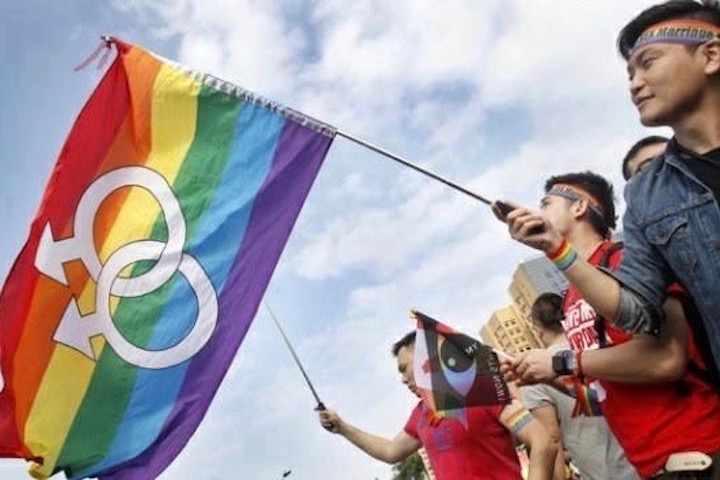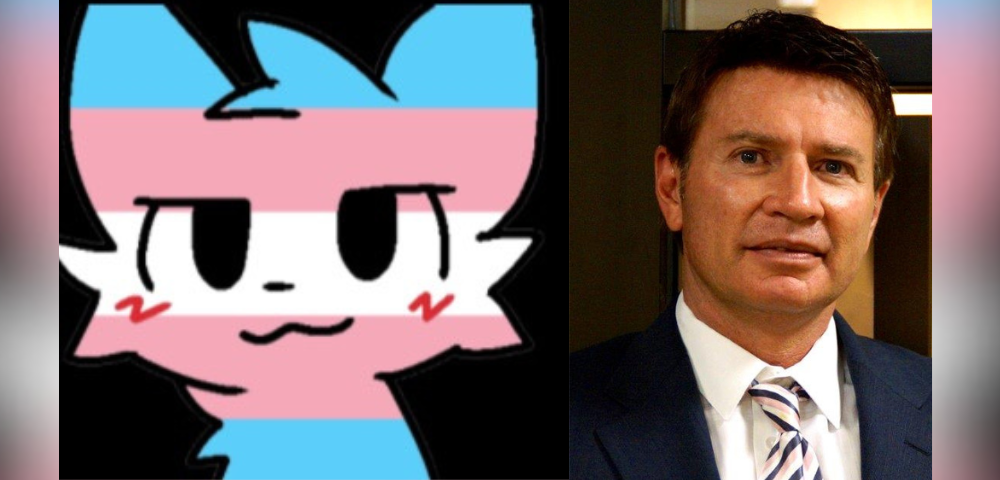
Indonesian government departments ban LGBTQI jobseekers

Indonesian government bodies are facing domestic and international criticism after posting job advertisements that ban LGBTQI jobseekers.
The ministries of Trade and Defence, as well as the Attorney General’s Office (AGO), were found to be listing job advertisements which required that civil servant applicants “must not be mentally disabled and not show sexual orientation or behavioural deviations”, according to The Jakarta Post.
When questioned about the recent ban, a spokesperson for the AGO by the name of Mukri defended the office’s actions saying that they aren’t interested in “odd” applicants.
“I mean, we just want the normal ones, we don’t want [to accept] the odd ones,” he said.
The spokesperson has yet to confirm whether the ban will be considered discriminatory under Indonesian law.
Indonesia is the world’s most populous Muslim-majority country and has seen increasing state and public hostility towards the LGBTQI community in recent years.
While homosexuality is not a crime in Indonesia except in the ultra-conservative Islamic province of Aceh, some religious groups have called for it to be banned. As a result, many members of the LGBTQI community are not open about their sexual orientation.
In September, the Indonesian government saw a national wave of outcry and protest after proposing a new criminal code which would punish premarital sex with up to 12 years in prison. As marriage equality does not exist in Indonesia, article 417 was widely interpreted to be aimed at same-sex couples.
After the news of the discriminatory employment advertisements surfaced last Friday, groups such as Amnesty International Indonesia were quick to slam the job requirements as a similar violation of individual freedom and human rights.
“Indonesia should be trying to recruit the best and brightest to its civil service, not applying arbitrary and hateful restrictions,” Amnesty International Indonesia executive director, Usman Hamid said.
“This is against both Indonesia’s constitution and its obligations under international human rights law.”
A politician in the Islam-based United Development Party (Kaaba Party), Arsul Sani, agreed that the restrictions were discriminatory, adding that members of the LGBTQI community shouldn’t be barred from applying for civil servant jobs.
“They shouldn’t be discriminated against just because of their sexual orientation,” he said.
The National Commission on Human Rights (Komnas HAM) also denounced the restrictions from the official government offices as a violation of human rights.
“Everyone should be able to do their jobs without paying mind to their sexual orientations or gender identities,” said Beka Ulung Hapsara of Komnas HAM.
Indonesia’s attitudes towards LGBTIQ people have severely tilted in recent years, with anti-gay sentiments from politicians and authority figures becoming commonplace.
In 2017, authorities started targeting the LGBTIQ community under the pretext of pornography-related offences with police launching multiple raids on gay saunas in Jakarta. In the most high-profile incident, 141 men were arrested in May that year over an alleged “gay sex party” at the Atlantis Sauna in the city’s north.
The sauna, like many gay venues in Indonesia, has since closed.









